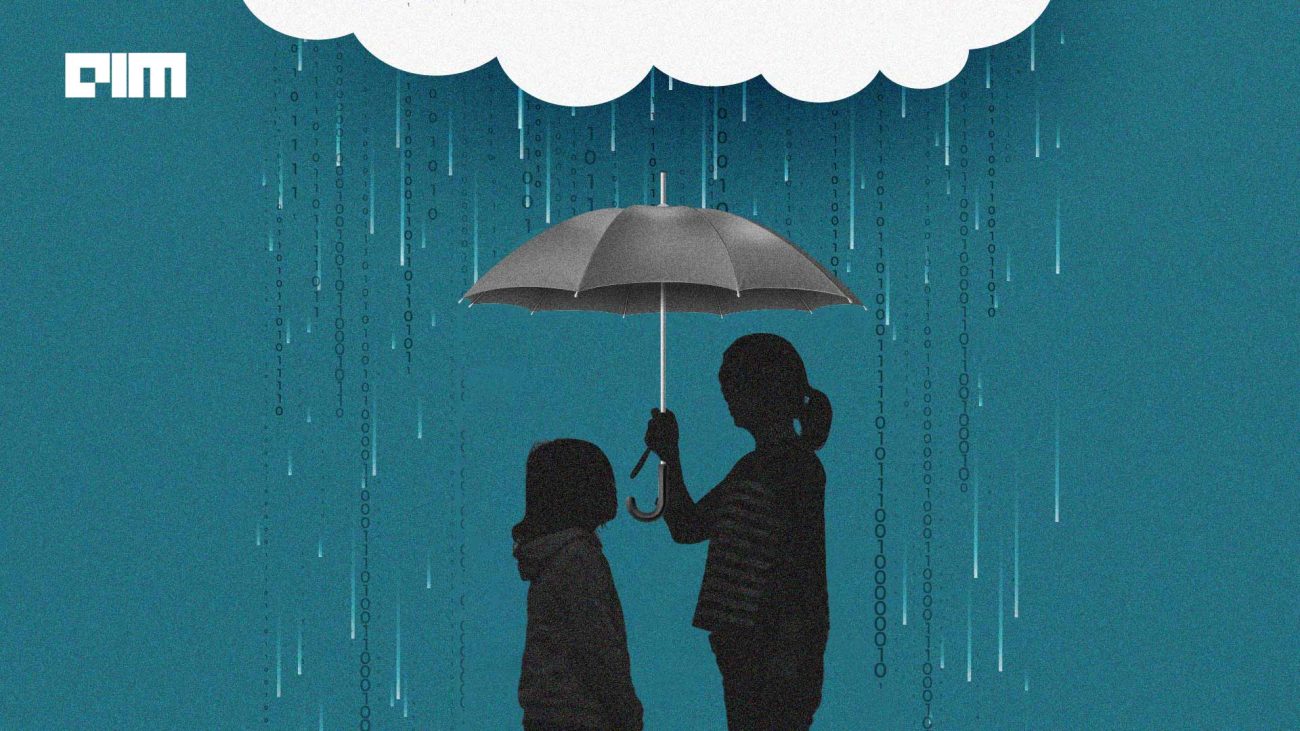|
Listen to this story
|
Nowadays, it is commonplace to see teenage Instagram/YouTube influencers like Meehika Dwivedi (The Sound Blaze), Bindass Kavya, Riva Arora along with 8-year old Aakarsh Chaudhary (Vivone Gamer) to be household names. While Meehika Dwivedi posts desi-style roast videos on Instagram, famous teen vlogger Bindass Kavya has been posting her everyday life in vlog format on Youtube for quite some time. Popular child actress Riva Arora is likewise best known for her work in the film, ‘URI: The Surgical Strike’ (2019). At only eight years of age, Aakarsh Chaudhary is also among the youngest video game streamers in India with collaborations with the likes of GodLike Esports.
The reason why we are talking about these teenage influencers is that they have successfully established a brand of their own at such a young age and yet, the government doesn’t distinguish between them and a typical 6-year-old child in the recently released draft of the Digital Personal Data Protection Bill (DPDPB) 2022. First introduced in 2019, it was later scrapped after much criticism and multiple objections by various stakeholders.
According to the recently published DPDP 2022, a ‘child’ is a person who has not reached the age of eighteen years. The draft states that the Data Fiduciary must first seek verified parental consent in a method that may be specified before processing any personal data pertaining to a child.
However, the question is whether a 6-year-old child’s internet use can be compared to that of a 17-year-old teen. According to a survey by the Pew Research Center, 95% of Americans have access to cellphones in some capacity. One of the highest smartphone penetration rates worldwide is also seen in India, of which a significant number of smartphone users are children below the age of 18.
In this context, many countries have reduced the age of parental consent to 13 years as the internet usage of teenagers continues to grow. Due to a similar law, Tiktok, for example, was sued for billions of dollars for sharing the data of children below 13 years of age without taking parent’s consent, and while that is understandable, the similar can’t be applied with the teenagers.
According to recent research, 85% of non-adult users in India have access to cellphones. The majority of them spend five hours every day online, and 80% acknowledged using social media. As per the same research, a huge number of teens are watching videos on OTT sites apart from traditional platforms like YouTube.
A different law for Indian teens?
Since the data usage in Indian teens is on the rise, could it be possible for the government to make a separate data policy for these teenage internet users?
The requirement of parental consent that the DPDPB 2022 demands for all children under 18 years of age might need another look, as the age might not tell the entire picture. The societal context of the child depends on the sociological, physiological and other relevant factors.
Amidst this hike in data usage in impressionable age groups, children who are aged between the ages of 16 to 18 years have a significantly quicker understanding of how the internet works and many times, they happen to be the one who explain the usage to the elderly in their homes.
Regulatory frameworks—which do not take this into consideration—end up rippling a negative impact on the interests of people in this age group. It is especially concerning when one considers that India has more than 44 million children between the ages of 16 and 18 (as per 2016 data). It is simultaneously obvious that these data policies restrict their ability to make use of the digital resources available to them.
In China, for example, the Cyberspace Administration only requires parental consent for the processing of data belonging to children under the age of 14. While the European Union’s General Data Protection Regulation holds that a child who is at least 16 years old can consent to their data being processed in relation to information society services being directly offered to them.
India can likewise adopt a similar policy that ensures safe sharing of data pertaining to vulnerable age groups.
Digital children, are they?
Furthermore, the policy fails to address how older generations who are not technologically savvy use the internet, known as ‘digital children’, despite the fact that it requires parental permission for children under the age of 18. For instance, no mention of family consent is included in the policy regarding the data of older individuals who are likely to be as vulnerable, if not more, than a typical teenager who uses the internet for nearly everything else.





















